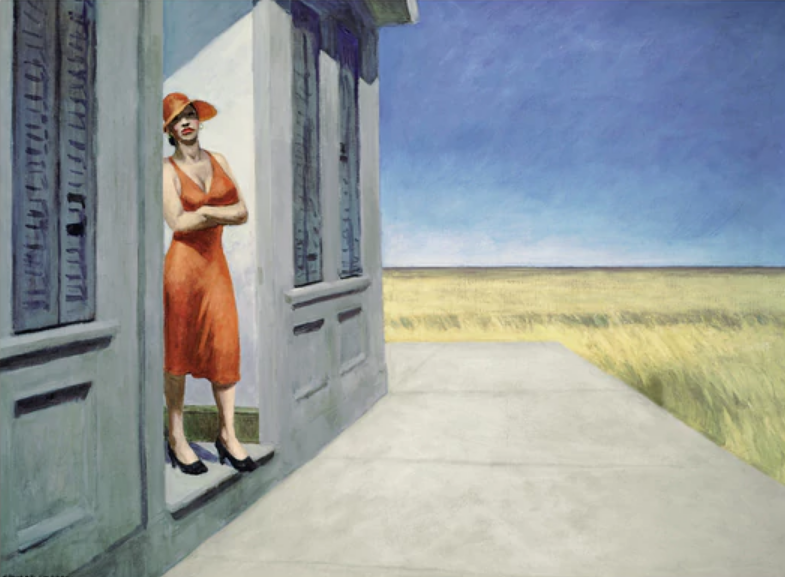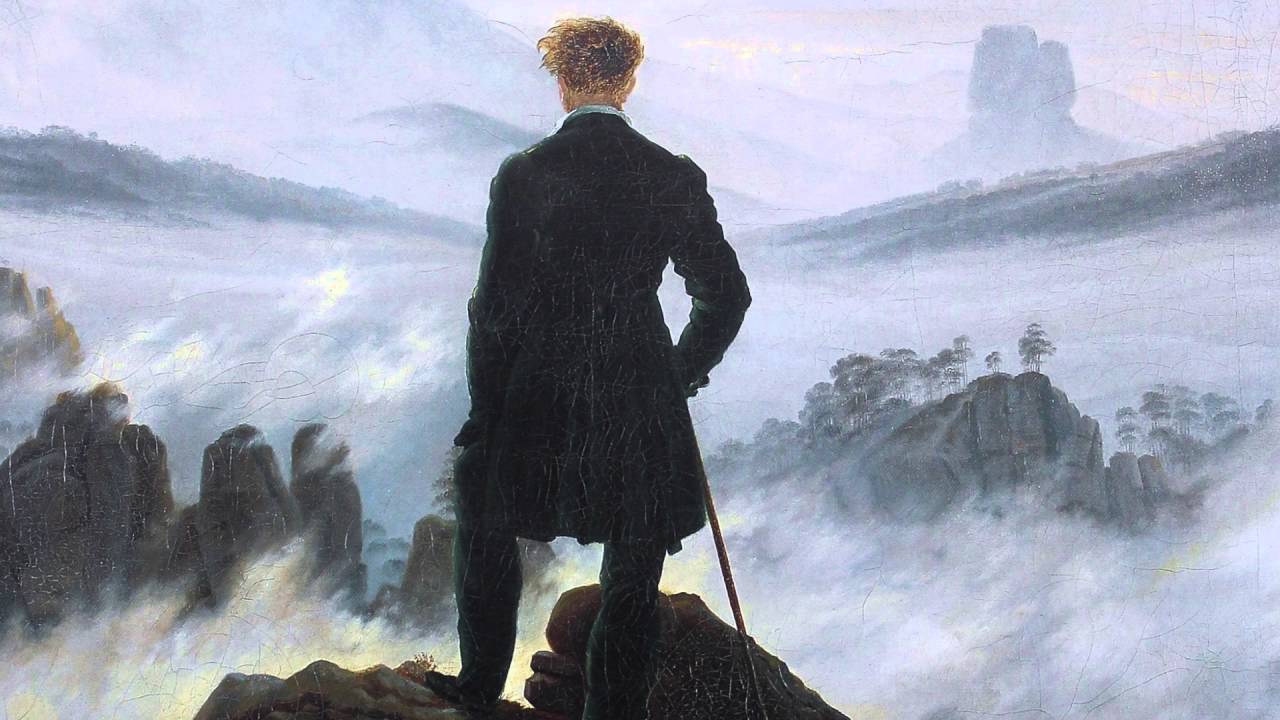You wake up one Sunday morning and think: “how the hell does that thing work?”. So you go and google for it and find several blog posts, talks and papers about the topic. During your research you find out some more detailed parts of the topic, so you search the web for it again and find out more. After several hours you find out something very interesting, many layers deeper than where you started, something that you can’t really grasp because it is too complex or requires some background knowledge that the speaker/researcher/blogger couldn’t possibly fit in the talk/paper/post.
So you put a mental bookmark, scout the web for the knowledge you lack, find it, make it yours, and go back to the thing you didn’t understand several days earlier.
You keep doing that for a while, and when you are almost there, when you are close to fully grasp the answer to the question of that Sunday morning three months before, when you can feel the knowledge forming in your mind, you find out there is nothing more. There is no blog that you can find, no speaker that you can google, no paper that you can DuckDuckGo that has the small part that you still miss.
So you start searching for it yourself and with the knowledge you now have you are able to solve the riddle, get the full answer.
Then, almost immediately after, a Friday night while watching some series on Netflix, your mind comes up with a new question. A new question that is much harder to answer than the Sunday one. But you are not the same person you were six months before, on that Sunday, you now know a big chunk of the way to the answer. In fact, the Friday question wouldn’t have made any sense for your previous self.
So you restart the process, but this time without blog posts or any other web content. You find some sporadic questions asked here and there, but with wrong answers or no answers at all. Maybe the people who asked the question also found the answer sooner or later, or just gave up, you can’t know.

So you embrace a metaphorical pickaxe and start digging where no other left a sign, you take your walking cane and start exploring a forest with few, barely visible footprints. You question yourself, read books, give up, go back, try to put your thoughts on paper, crumple up the sheets afterwards, skip some meals by accident, suddenly forget about the problem and suddenly again find yourself unable to think about anything else. That’s the moment when you wake up in the middle of the night and your dreams have rephrased the problem for you, so you reach for your phone in the dark, search for the two things that you still miss, and finally find a potential answer. You might not find the right one at first, but sooner or later either in your dreams, drunk nights or average days you will move forward. After months of stall, you. Move. Forward. Either alone or speaking with peers and random folks on the internet, you eventually find the answers you want.
A full year from that Sunday you have also found the answer to the Friday question, and you are happy and satisfied. You publish a paper, make a talk or write a post about your findings, and you are eventually allowed to rest.
But not for long.
Sooner or later a new question will start to form in your mind.
One Wednesday afternoon it will pop up in your thoughts.
And you will search for the answer.
And you will only find results about your previous research.
So you exclude yourself from the query, and you find a big nothing. So you ask your peers at work and online about the new question, but no help there either. You find yourself alone, but the world is nowadays connected, so you find out there are a couple of people who worked on the same subject few years back, you try to contact them, and they tell you they’ve moved on to something else, never finished the stuff you’re interested in.
It was in that moment when it hit me: a memory from 10 years before.
A professor in high school showed an image of this painting to the class:

He told us that life would have, someday, put a choice in front of us. A choice between the commodities of life, the solution to our basic needs, and something more.
The choice in this painting is clear: a house, a woman to share passion with, a home to protect yourself from the warmth and the cold, a wife to protect yourself from the dreading loneliness of life and share love with… And the horizon. Hopper, the author, decided to put the horizon in the middle, the endless field where all the lines of the painting converge. The real subject of the painting is just the grass, the furthest part of it, the house, the porch, the woman is just a mere distraction.
My teacher interpreted this painting as the choice between the everyday life issues and the big, complex, beautiful, endless problems that are out there waiting for someone to try and solve them. He said that the simple ones might seem more attractive, but the hard ones are the ones humans are made to strive for.
This was just beautiful. And it could just end there, but then he added a disclaimer: “if you go there, if you walk towards the horizon, you will find yourself alone”.
And that is what hit me, 10 years later.
Several days later a close friend of mine saw me troubled, and asked me: “What are you thinking about?”.
I tried to state the problem at hand, and it was even hard to make it clear why it was a problem, let alone being able to discuss it with him. So I asked him what was he working on, and I was just able to grasp a small part of it.
There were two friends, each one trying to make progress, find answers to hard questions, each one very far in the infinite grass field of science, too far away from each other to be able to provide directions.
So the next day and the following ones, after work, several years after that Sunday morning, I went home, picked up my figurative walking cane, and kept walking, my favourite music in the headphones, my fluffy pets with me, and an universe to discover ahead.
